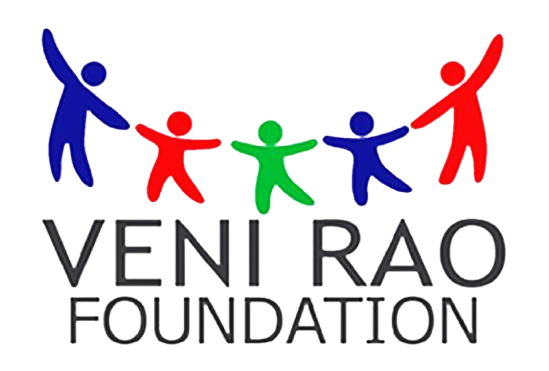Ms. Aneesha Reddy
(Trustee)
Aneesha Reddy is currently Head of Strategic Initiatives at CHIREC International School, Hyderabad. Her work at CHIREC comprises implementing new programmes and technologies to enhance the quality of education and services. She aims to execute latest and best practices at the schools to continue to meet global standards of excellence in education.
Aneesha is also an abstract artist who creates mixed media artwork primarily with fabric waste and environment-friendly painting materials. She is passionate about the environment and is on a journey towards creating sustainable art. She has a deep interest in textiles and advocates conscious buying and supporting local crafts.
She received her undergraduate degree with honors in Industrial & Operations Engineering with a minor in Art & Design from the University of Michigan – Ann Arbor in 2016.
What do you think is the most pressing problem we are facing today?
I think the most pressing problem today is our environmental crisis. I hesitate to say it is just a crisis just for our environment because it is also crisis for our health, our economies and is a threat to our very existence on Planet Earth. We, humans have failed to react, innovate and adopt sustainable practices for the Earth at a pace needed to prevent significant damage. Even in the Paris Agreement, the pledges made by countries are not sufficient to meet the goals laid out. Countries need to double or even triple their commitment to just align with the goals.
When we dig in to truly understand what it means to be Earth-friendly, we realize how much progress we have yet to make. We need to create not a linear or recycling economy, but a circular economy, where ‘waste’ doesn’t exist. The lack of stringent regulations and merciless violations of what meagre laws are put in place make this very difficult to achieve.
I believe misconceptions about sustainability also prevent us from making progress. In a world where recycling is so prevalent, few know that only 9% of the plastic we throw away is actually recyclable. In addition to creating awareness, I believe we need action and radical policies if we want a chance of surviving this crisis.
I also worry about the growing economic and social divide amongst people. We are observing and witnessing larger divides and more violence between people of different religions, castes and backgrounds. There seems to be an atmosphere of growing hostility with people becoming increasingly polarized, fueled by divisive policies and the rise of social media. The effect of such polarization across the globe puts many democracies in danger. I believe providing a good education where one can understand the complexities of the world we live in, think critically and contribute positively is the only way forward to bridge this gap.
What is the role of NGO’s in India?
I believe the role of NGO’s is to identify and uncover problems, lend support and give voice to people from minority communities who are most vulnerable to the gaps in a country’s programmes and systems. They play a critical role in holding public and private organizations responsible for their commitments and actions. In a country as diverse and populous as India, NGOs become critical ingredients for social change and development by giving a voice to those not usually heard.
